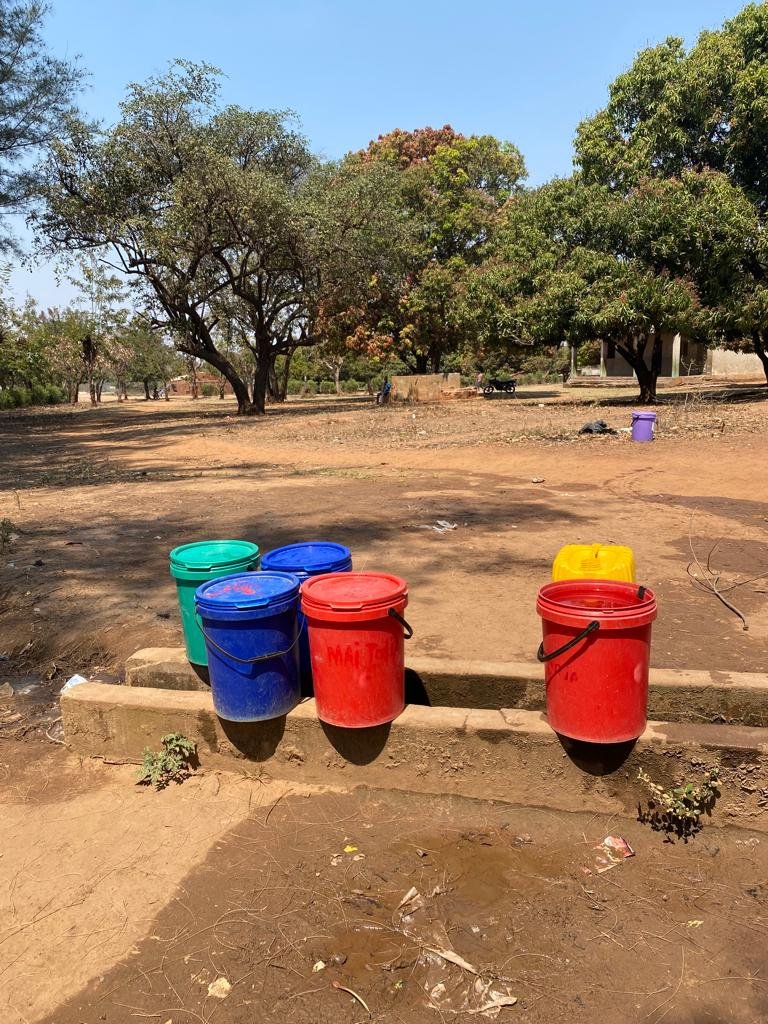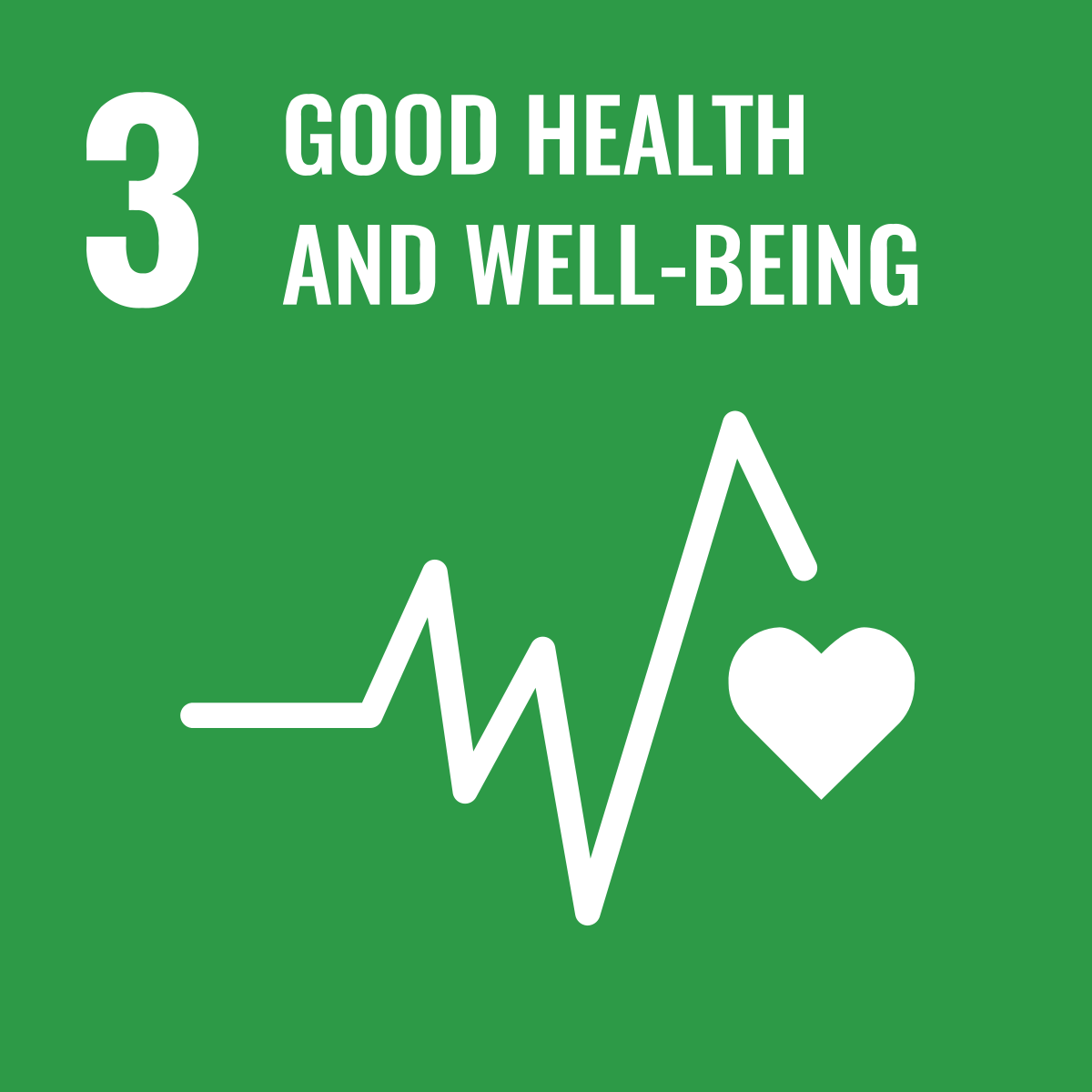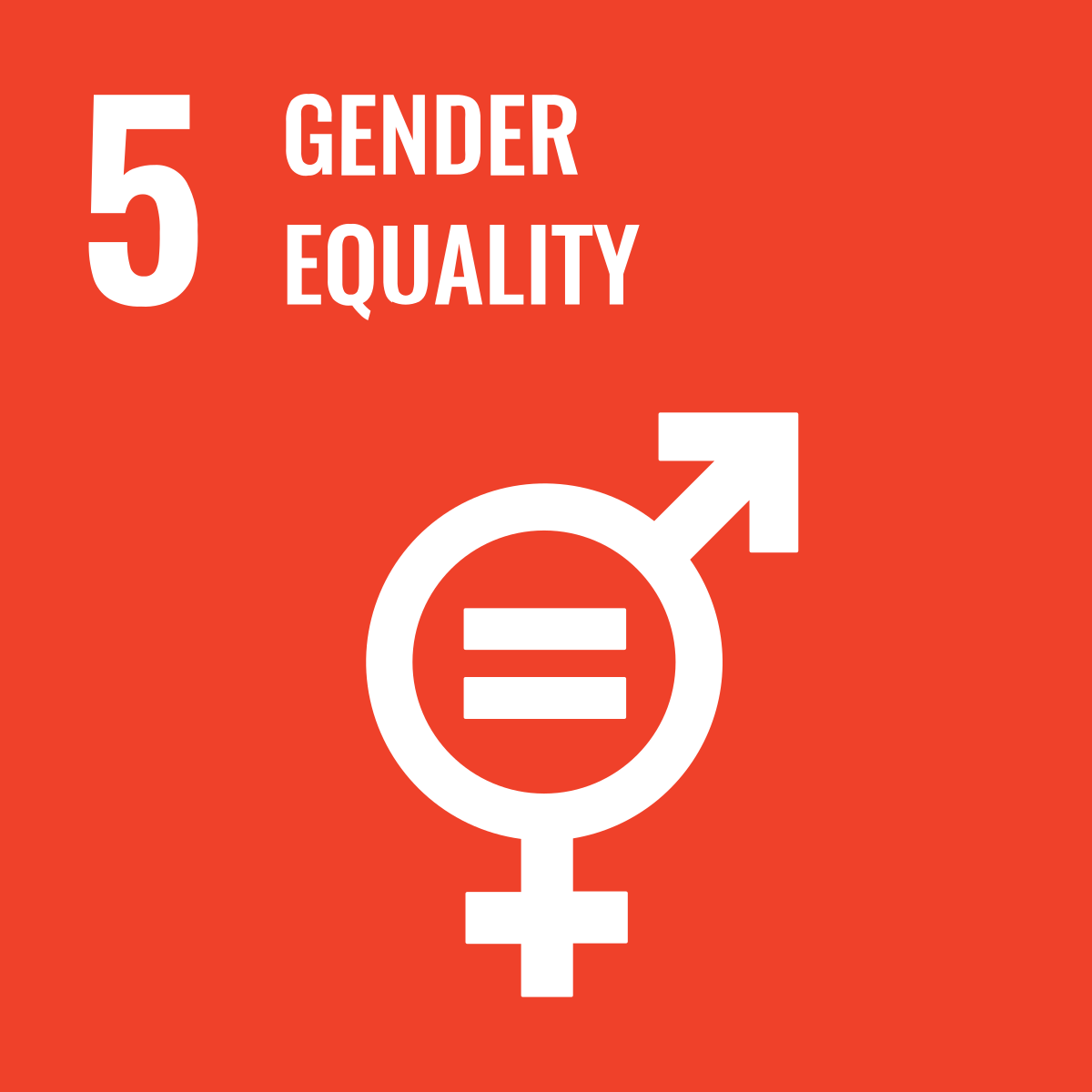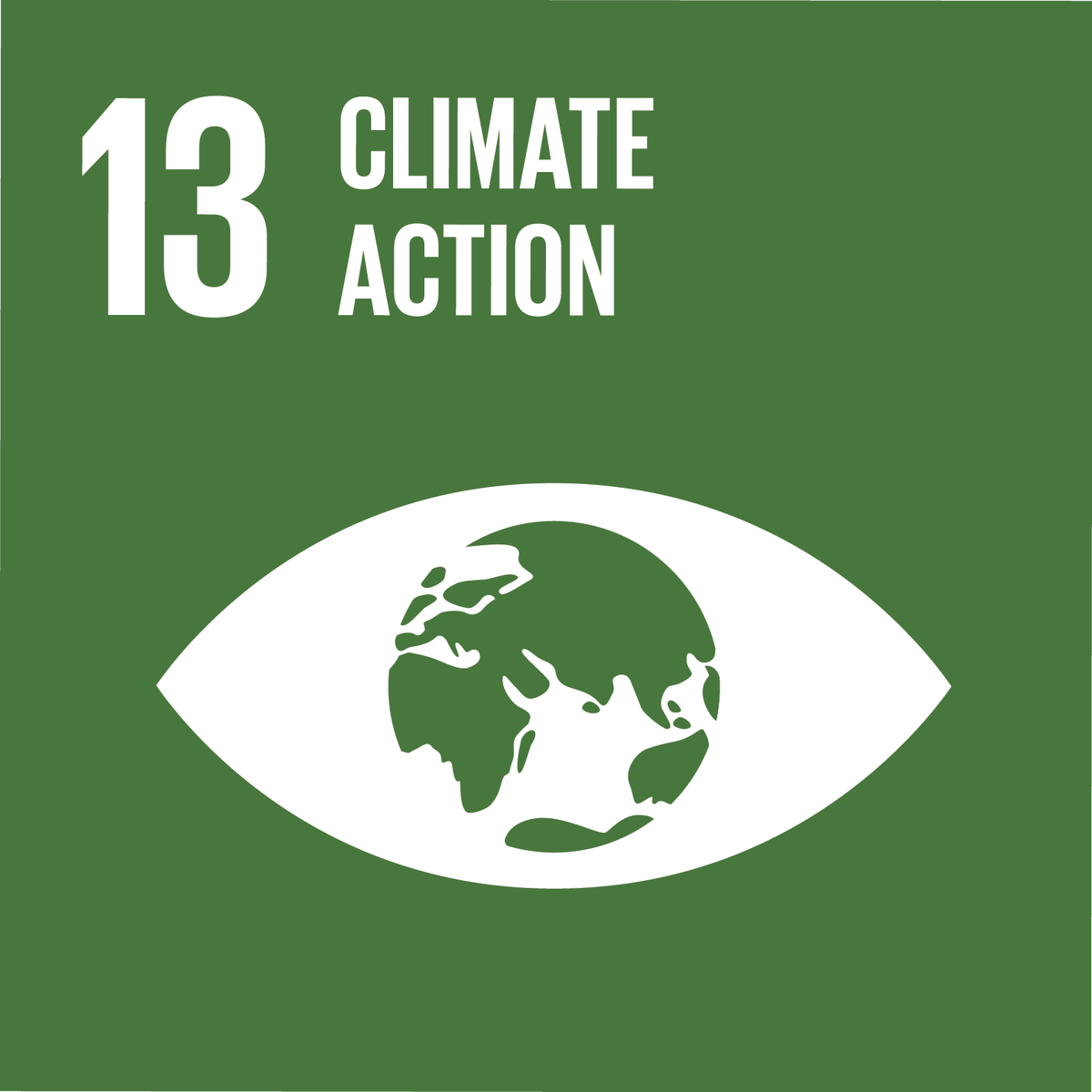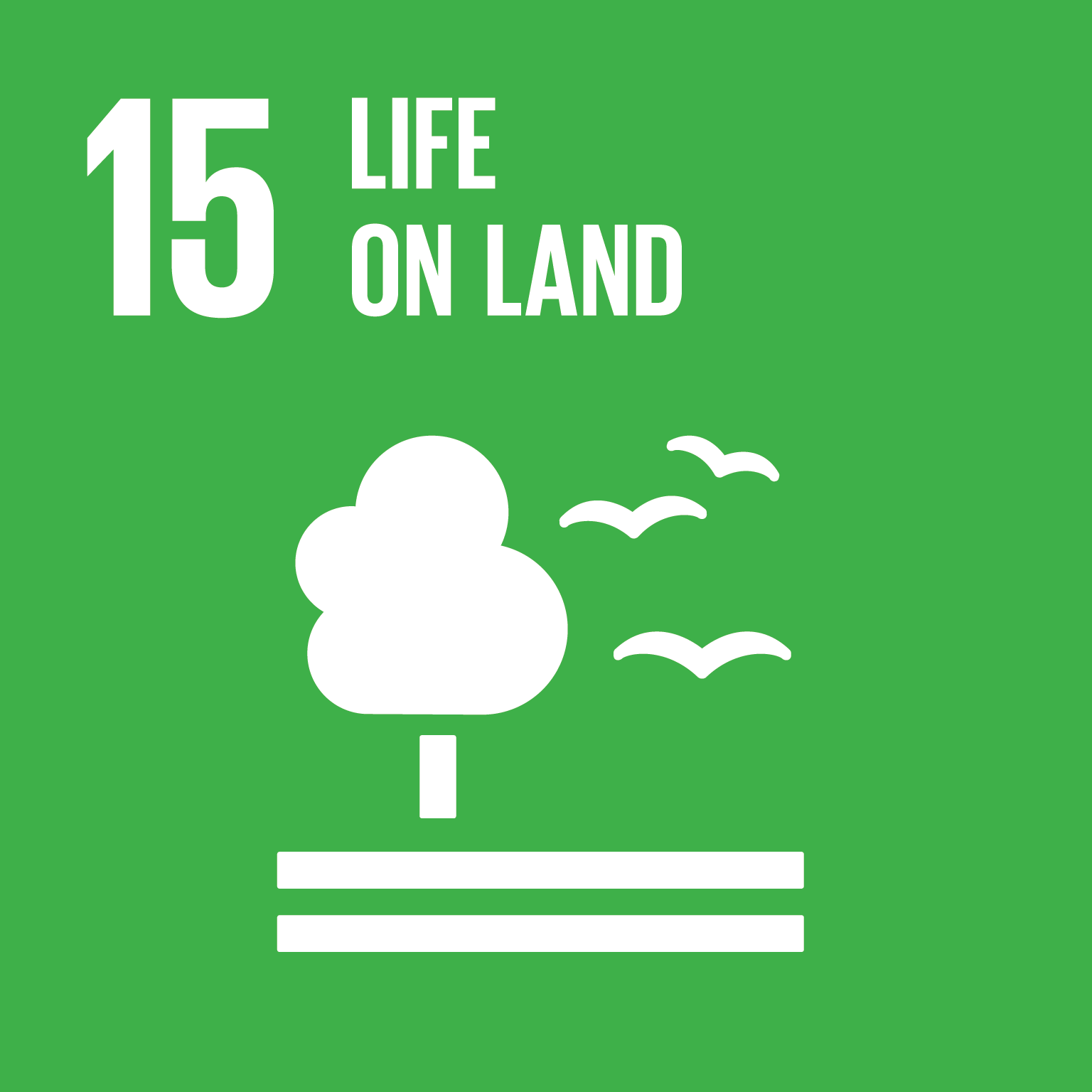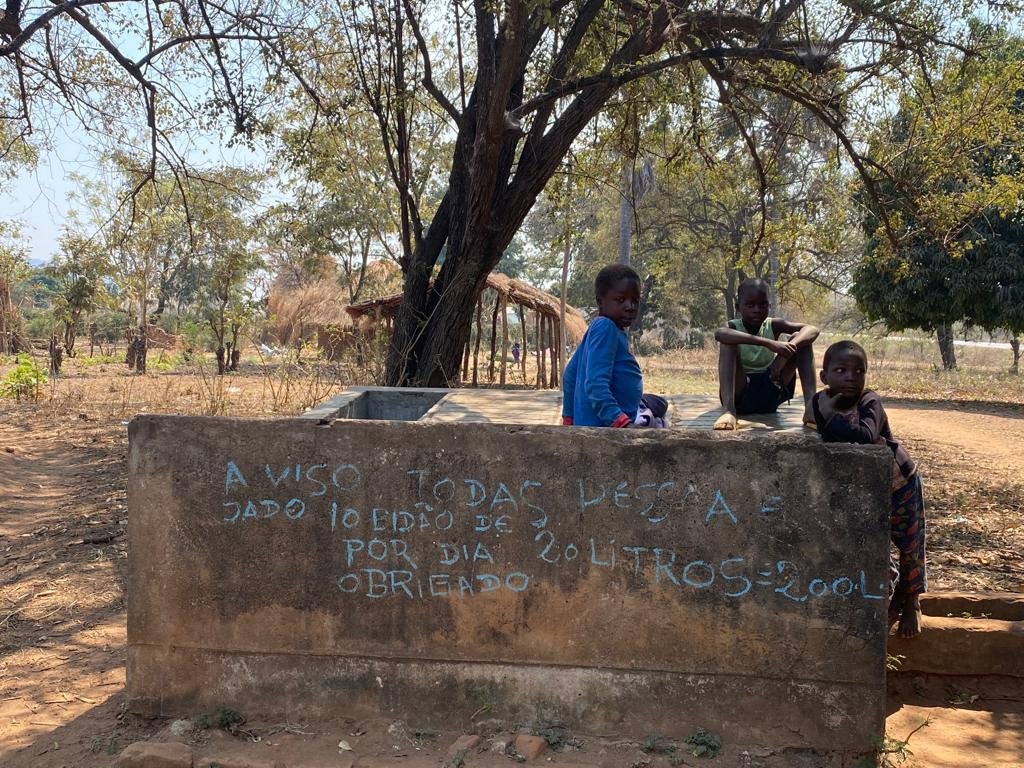
Wells of Hope: ensuring Hygiene and empowering Women in Mozambique
This project aims to rehabilitate 900 boreholes in Mozambique in the next 2 years. Improved facilities will facilitate access to clean and safe water, thus improving health of local populations and providing other co-benefits.
Canopy Energies aims to rehabilitate 900 boreholes in Mozambique, during the next 2 years, followed by 8 years of monitoring.
This initiative presents many benefits related to social welfare, economic well-being, and environmental sustainability. Enhancing the availability of clean water will improve the health of local communities. Additionally, addressing the need for safe water needs will reduce anthropogenic drivers of deforestation. Demand for firewood to undertake the water purification process will decrease, hence reducing the reliance of residents on forests and reducing deforestation rates. Moreover, the burden of collecting wood, which typically falls on women and girls, consequently, allows to tackle the issue of gender equality. Finally, providing access to safe water and public health will raise the awareness and sensitization of the population to these crucial issues.
This project will be certified by GoldStandard. Local Stakeholders Consultation was carried on in Dondo district on the 18th of January 2024.
Environmental and Socio-economic Co-benefits
Good health and well-being.
This projet allows to tackle some of the United Nations’ Sustainable Development Goal (SDG) and especially the SDG 3 ‘Good health and well-being’. Indeed, rehabilitating boreholes allows local communities to access safe drinking water more easily without havign to purify water leading to indoor pollution, thus reducing health-related issues. It allows to prevent waterborne diseases and reduces household expenses for treatment and water heating fuel.
Gender equality.
The UN’s SDG 5 revolving around ‘Gender Equality’ seeks to empower women and girls, promoting gender equality. By alleviating the burden of wood collection, a responsibility typically borne by women and girls, Kiasi is actively addressing issues of gender equality. Our team will conduct WASH trainings, promoting hygiene and sanitation practices among borehole users and within schools. Special attention will be given to young girls, as our activities aim to heighten awareness to the importance of menstrual hygiene.
Clean water and sanitation.
This project mainly tackles the UN’s SDG 6 ‘Clean Water and Sanitation’, by facilitating access to safe, clean and drinkable water. It is hence intrinsically linked to improved health and hygiene for populations where the project is developped.
Climate action.
This project will meet UN SDG 13 ‘Climate action’ by drastically reducing emissions from pollution and the burning of fossil fuels during the combustion process, and reducing drivers of deforestation.
Life on land.
Local inhabitants can reduce their expenses towards water heating fuel, generally wood. Hence, there is less economic drivers for deforestation. This corresponds to targets established by the SDG 15 ‘Life on land’.
Local Community Sensitization.
This project involves local communities and organizations in order to rehabilitate and then monitor the boreholes in the long term, to ensure the sustainability of this project. Simultaneously, the initiative will spread knowledge about pollution, public health, and other intrinsically related topics related to safe drinking water.
Our main partner: Watsan Mozambique
Established in 2018, this organization is specialized in the provision of water and sanitation services in the central region of Mozambique.
